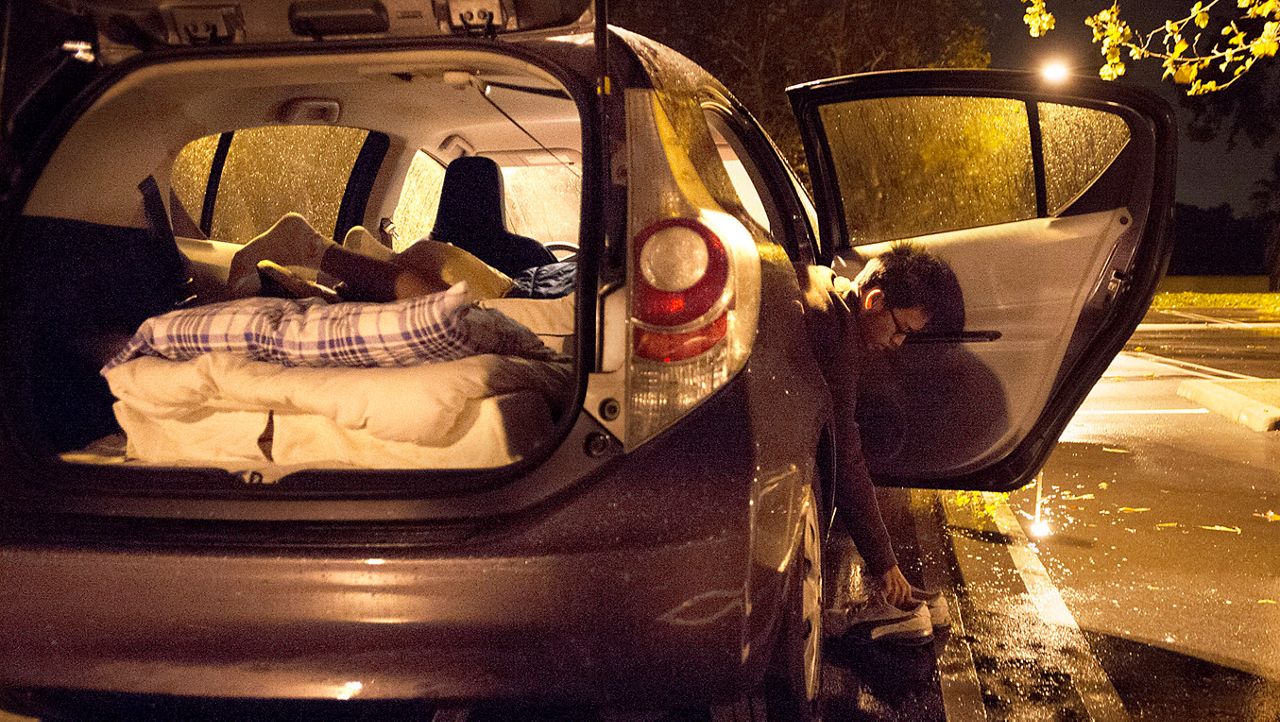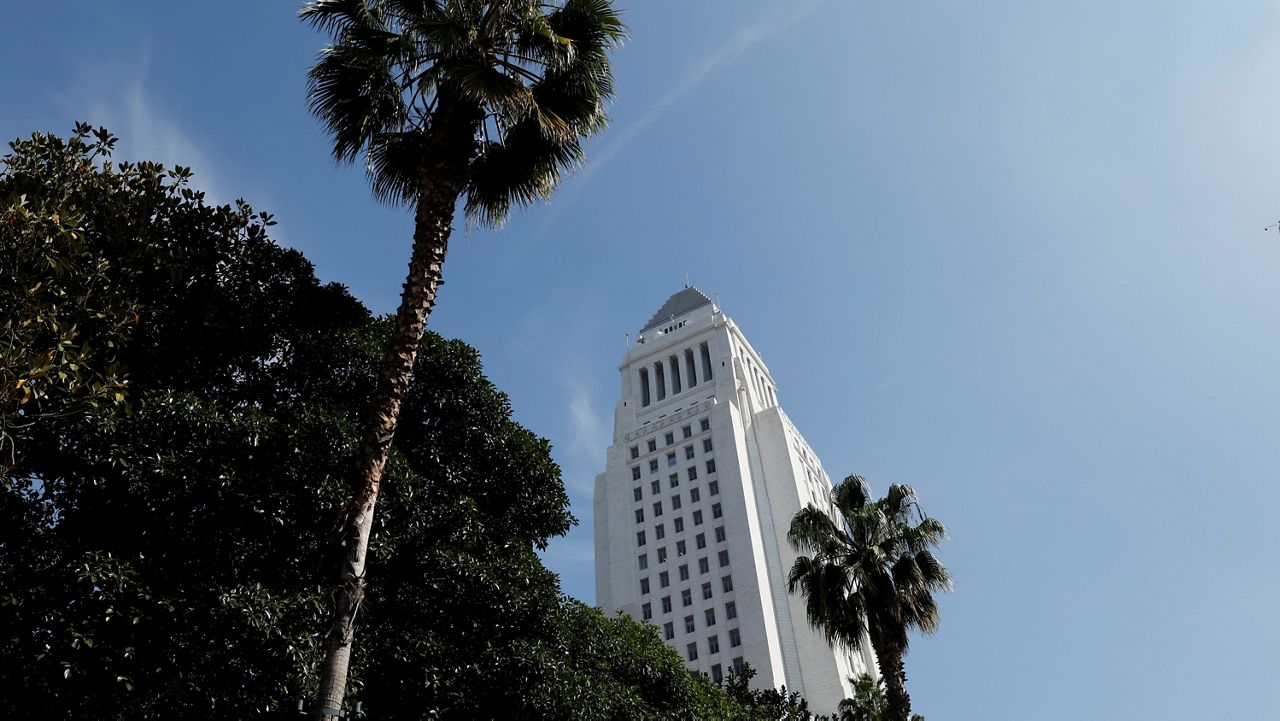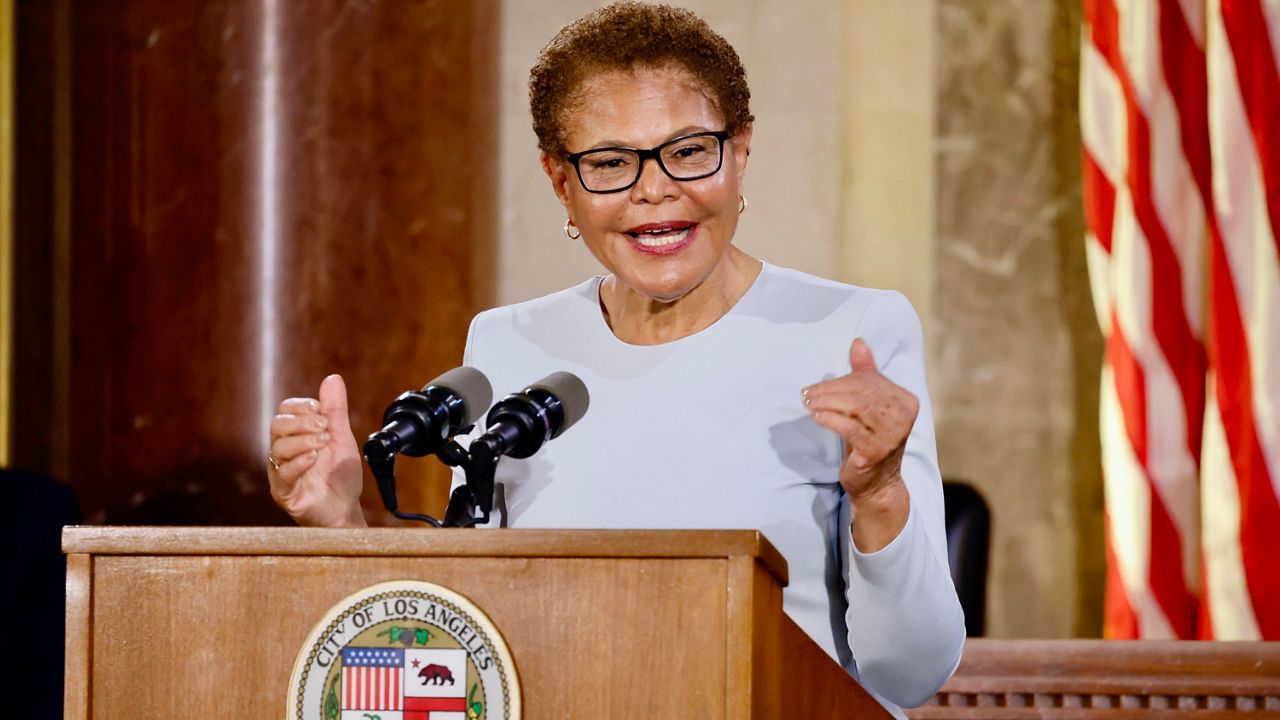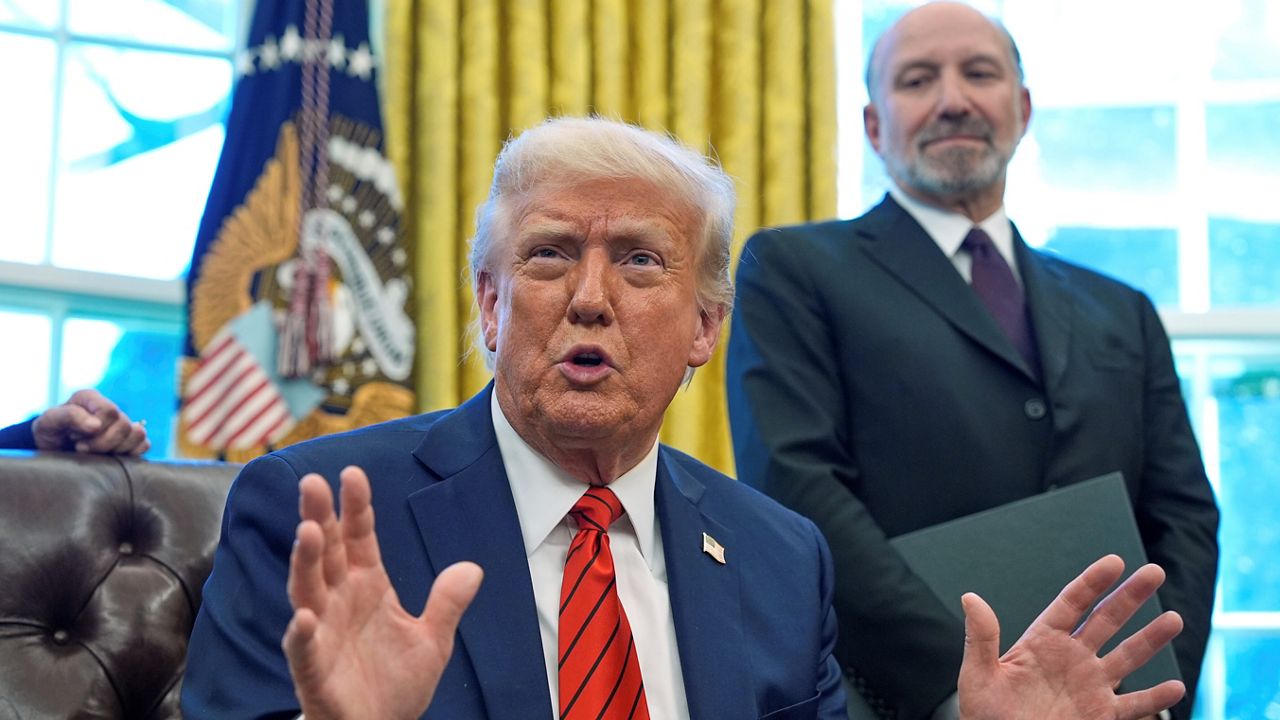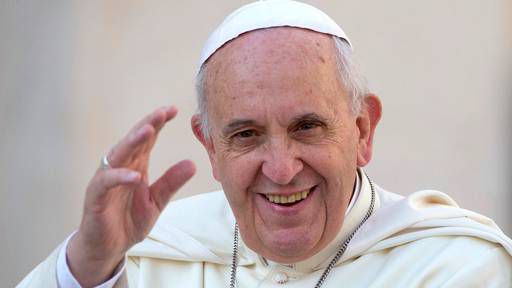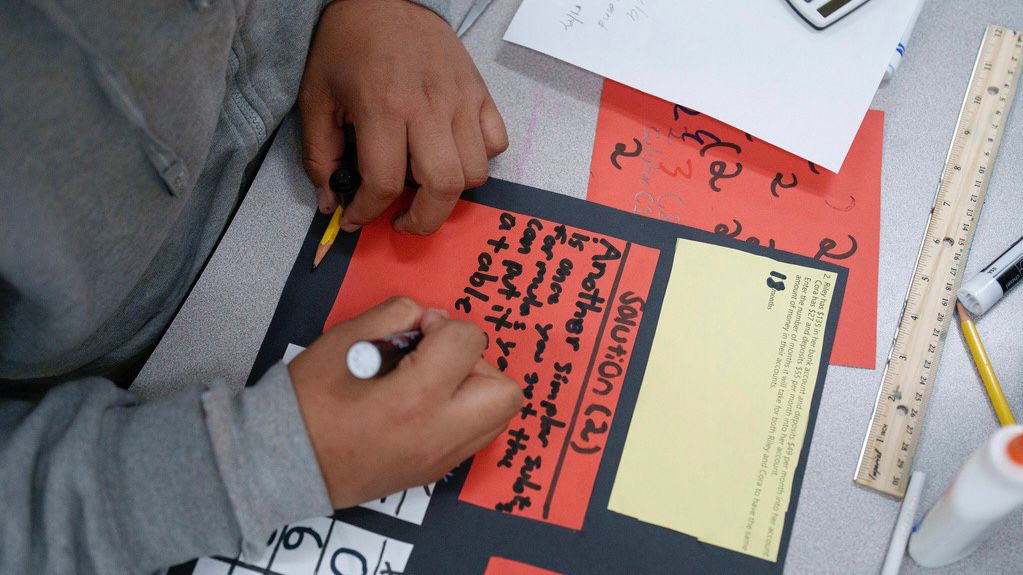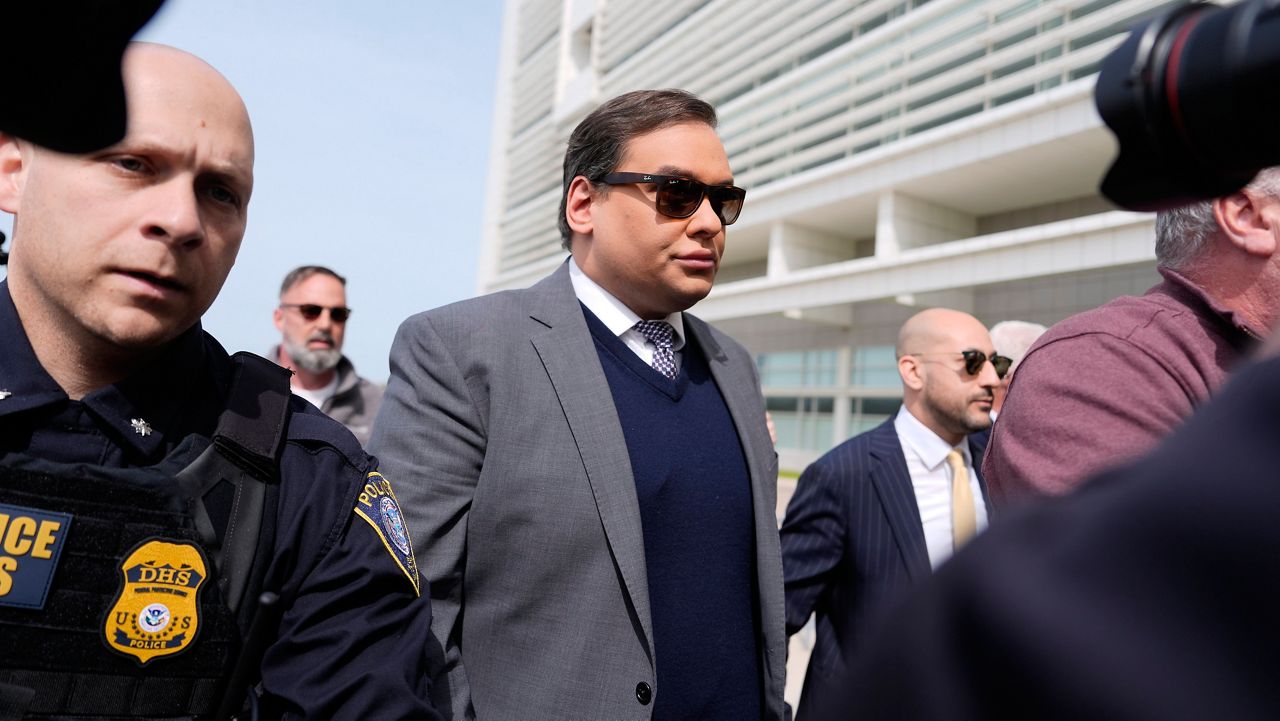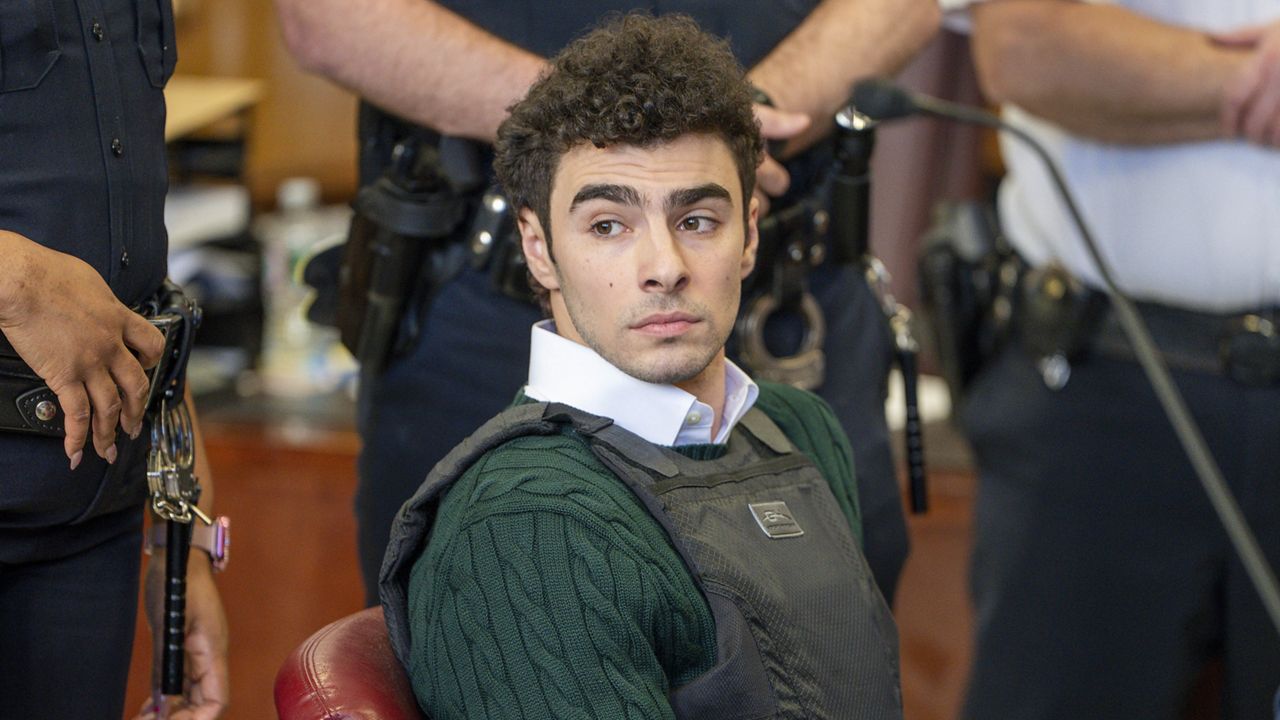Thirty years after the LA riots, the memories are still vivid for Chang Lee.
“I was on that roof overlooking the street,” Lee said, pointing to his mini mall in Koreatown.
He spent three nights and four days on the roof of his mini mall with a portable TV, watching large portions of Koreatown go up in smoke. He said his family would bring him sandwiches since he couldn’t leave. At the time, the business below him sold telephone accessories.
“I couldn’t protect it from looting and looters, but I wanted to make sure it didn’t get burned down. They broke in through this window here and I was up there overlooking them,” Lee said, pointing. “I told them to go away, flashing my gun, but I don’t know how to use a gun.”
Less than five miles away, a Jiffy Lube now operates near San Vicente and Pico, where Lee’s gas station once stood.
“This used to be a Union 76 service station,” he said.
And he watched it get destroyed on live TV.
“When that location showed up on the screen, my heart just dropped. It sank. That is my gas station that’s burning that I am witnessing,” Lee said.
He knew he couldn’t protect both and says the mini mall was a more valuable asset.
“The mini mall is built from our sweat and blood with our own funds, so that was something I felt I had to protect," Lee said.
For three years following the riots, Lee says he fell into a deep depression and lost hope. He had to pull money out of his remaining businesses to make ends meet and survive, but that caused his other businesses to fail.
“When this riot happened, I realized that even though I had an education here, that I thought I was a mainstream American, we’re actually forgotten people. Our community didn’t really count,” Lee said.
Eventually, he was able to rebuild his life and today runs a successful construction business. The riots also motivated him to fight for change in his own backyard.
“I got heavily involved with bringing that Olympic [police] station into Koreatown because I saw the importance of an LAPD presence in our community,” he said.
It’s a community he’s proud to say has become a thriving economic engine for Los Angeles and a symbol of resilience.






